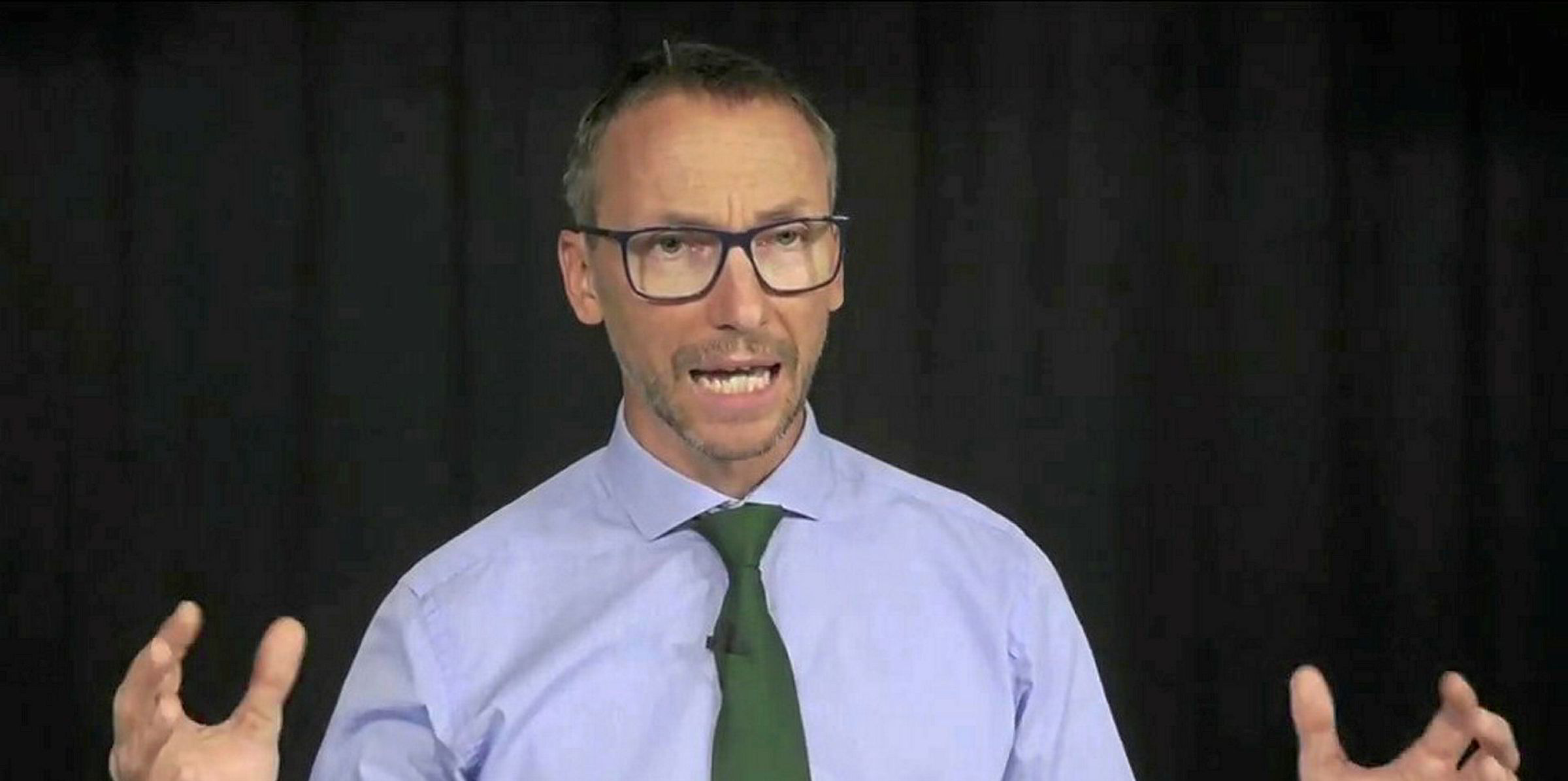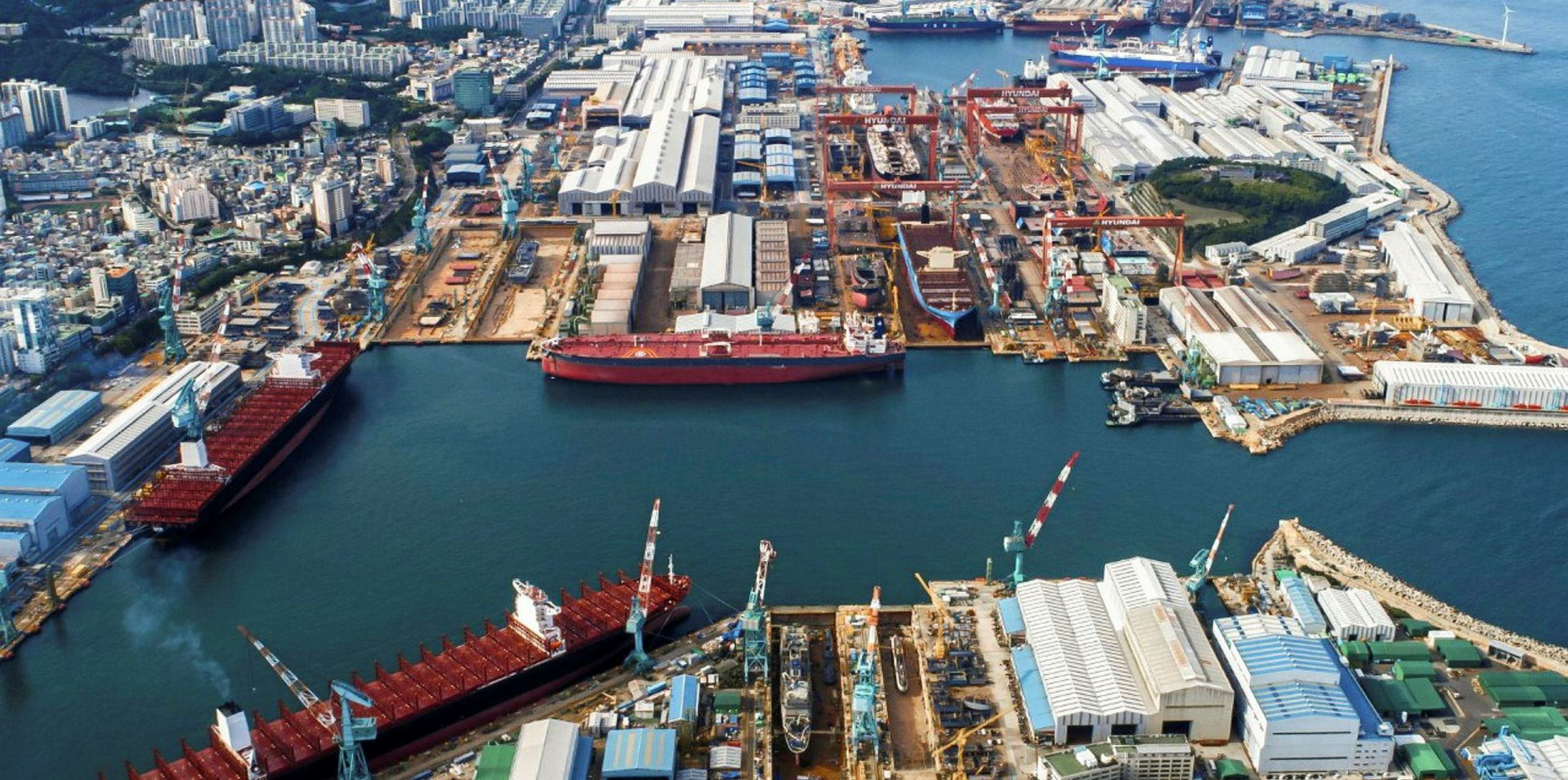Tanker transits through the Suez Canal have hit record levels so far in 2020 despite demand hits from the coronavirus pandemic.
Data from Leth Agencies and the Suez Canal Authority highlight how the roller coaster ride of rates has boosted the number of ships using the Egyptian waterway to 31 May.
In April, 457 tankers passed through, but this was beaten in May as 485 transits were made, a record monthly figure.
Product tankers accounted for roughly 75% of the transits.
Bimco chief shipping analyst Peter Sand said the increase in product carrier voyages is likely explained by the increased demand for IMO 2020-compliant bunkers and the OPEC+ oil price war which sent earnings skyrocketing.
In May, 390 product carriers passed through the canal, 233 of which were MRs and handysizes tankers.
Sand said transits overall had "stayed remarkably resilient" to the fallout of the Covid-19 pandemic.
Overall transits rise
Tankers, bulkers and boxships combined have made 8% more calls compared to 2019.
"It is often said that a picture says more than 1,000 words, but 6,166 ship transits in the Suez Canal can certainly also tell an interesting tale," said Sand.
Bulker transits were up 42%, but harsh conditions in the container shipping market have limited voyages in that sector.
Sand called the bulker figures "unexpected" given the market's woes in 2020.
A total of 2,116 transits were made in the first five months, a jump of 621 compared to last year.
Just more than half were panamaxes, compared to 44% in the same period last year.
Cargo flows for the first two months of 2020 reflect a trend of laden bulker voyages southbound, and ballasting ships northbound.
Bulker puzzle
"What lies at the root of the increased bulker transits remains somewhat of a puzzle considering the hardship that dry bulkers have faced in the first five months of 2020," Sand said.
"Part of the explanation could lie with the [canal fee] rebates extended to dry bulkers, but also the IMO 2020 sulphur cap which, in the initial months of 2020, hiked up bunker fuel costs and encouraged shorter sailing distances to save on bunkering costs."
Turning to boxships, he said spot rates may suggest "times are merry", but the transits show that's not the case.
Boxships battered
"The container shipping segment has been battered by the Covid-19 pandemic in what can be regarded as a three-fold beating."
First off, the lockdown of China hit volumes in February and March. Then the spread of the virus worldwide dented consumer spending.
And finally world economies are struggling with structural damage, including mass unemployment, slowing output and lower consumer confidence.
Containership transits fell 15% year-on-year.
"Transits have been faltering continuously since January, where carriers started to restrict containership capacity by blanking sailings," said Sand.
"The blanked sailings have consequentially pushed the idle fleet to record-breaking levels in recent months, with the latest reading at 11.6% on 25 May."
In May, boxship transits hit an all-time low of 330.
"Container carriers are stuck between a rock and a hard place, where high container spot freight rates must be sustained by massively restricting capacity on the market. Escaping this requires a substantial pick-up in demand,” says Sand.
Some owners are opting for the route around the Cape of Good Hope on backhaul legs to avoid canal dues in Suez.
In April, partly due to extraordinarily low container demand and cheap bunker fuel, some carriers even chose to sail around the Cape on the fronthaul, Sand added.
Bigger ships equals fewer sailings
Sand said the downward trend can be partly explained by the pursuit of cost cuts through economies of scale.
"As ever-larger container ships are delivered to the market, a cascading effect of the fleet occurs, where smaller ships are removed from the Asia-Europe trade lane and larger ships are inserted instead," Sand said. "This cascading effect will nominally decrease the number of containership transits through the Suez Canal, even as total teu transported in the waterway increase."







